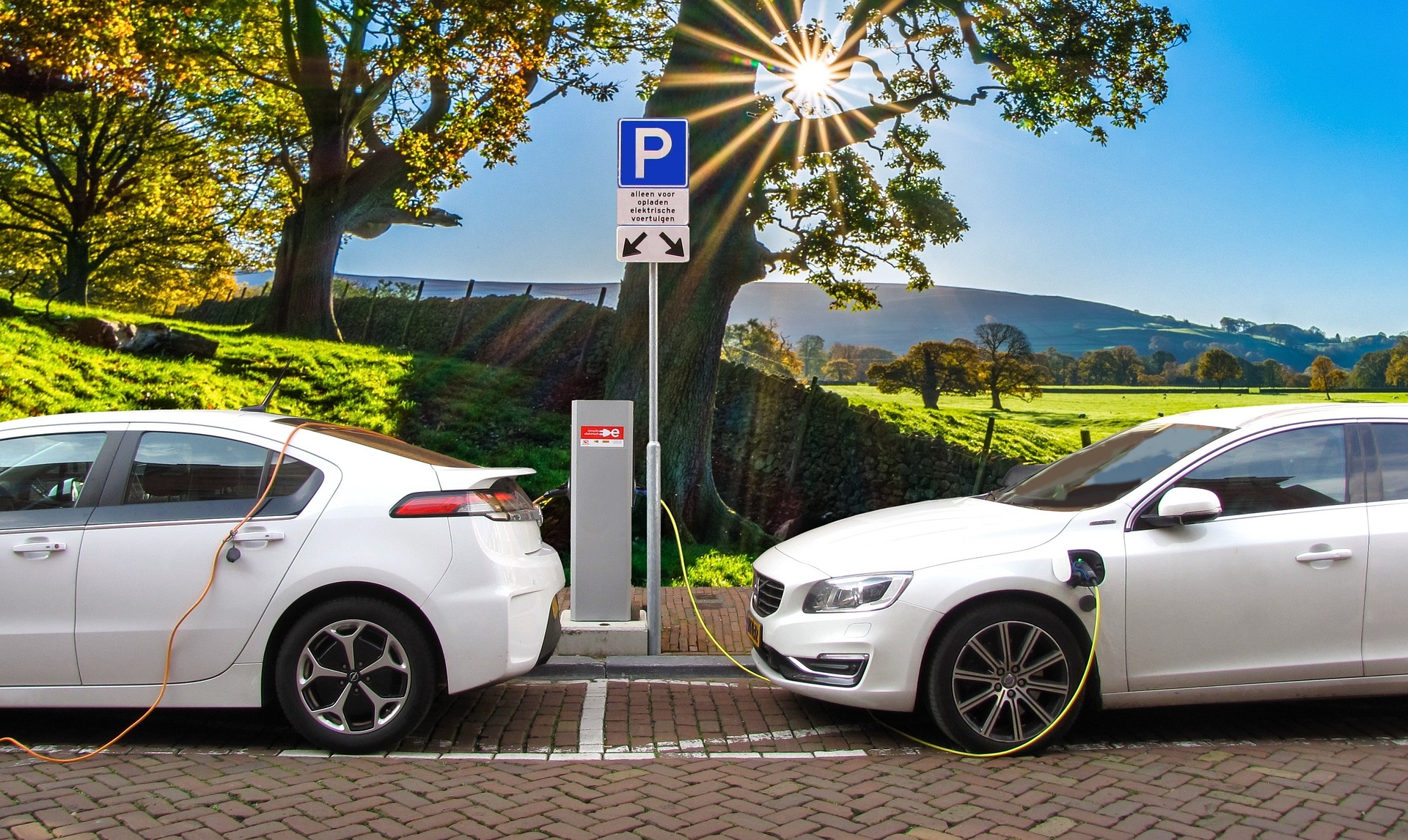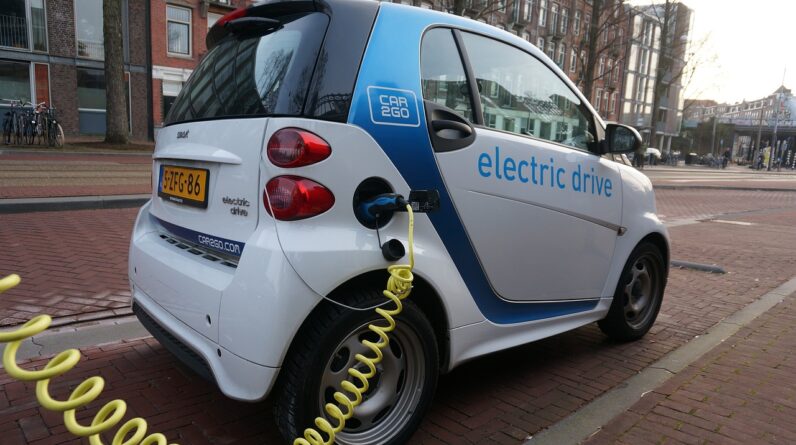 In our quest to build a greener and more sustainable future, one of the key challenges we face is finding efficient and reliable ways to store renewable energy. This is where emerging battery technologies come into play. These innovative solutions are not only revolutionizing the way we store energy but also contributing to a greener future by enabling renewable energy integration, supporting electric vehicles, and promoting grid efficiency.
In our quest to build a greener and more sustainable future, one of the key challenges we face is finding efficient and reliable ways to store renewable energy. This is where emerging battery technologies come into play. These innovative solutions are not only revolutionizing the way we store energy but also contributing to a greener future by enabling renewable energy integration, supporting electric vehicles, and promoting grid efficiency.
One of the most promising aspects of emerging battery technologies is their ability to enable the widespread adoption of renewable energy sources. Renewable energy, such as solar and wind power, is intermittent by nature, meaning it fluctuates depending on weather conditions. This poses a challenge when it comes to balancing the supply and demand of electricity. However, with the advent of advanced battery technologies, excess renewable energy can be stored during times of high production and released during times of high demand. This not only ensures a consistent and reliable energy supply but also reduces our reliance on fossil fuels and mitigates greenhouse gas emissions.
Furthermore, emerging battery technologies are driving the rapid development and adoption of electric vehicles (EVs). EVs are a cornerstone of the transportation sector’s transition to a greener future. However, the widespread adoption of EVs is contingent upon the availability of efficient and durable batteries. Traditional lithium-ion batteries, while efficient, have limitations in terms of cost, sustainability, and performance. This has paved the way for the development of new battery technologies with transformative potential. For instance, solid-state batteries, which use solid electrolytes instead of liquid ones, are touted as the next big thing in EV battery technology. These batteries have the potential to offer higher energy density, faster charging times, and increased safety compared to traditional lithium-ion batteries.
In addition to enabling renewable energy integration and supporting EVs, emerging battery technologies play a crucial role in promoting grid efficiency. The electricity grid is the backbone of our power infrastructure, and its efficiency directly impacts energy consumption and sustainability. By using advanced battery technologies, we can effectively manage the fluctuating supply and demand of electricity, thus reducing the strain on the grid. This leads to improved stability, reduced transmission losses, and increased overall efficiency. Additionally, battery energy storage systems can be strategically placed to provide localized power backup during peak demand periods, reducing the need for expensive and environmentally harmful peaker plants.
However, it is not just the performance and efficiency of emerging battery technologies that make them integral to a greener future. The sustainability of the battery industry itself is also a crucial factor to consider. The production and disposal of batteries have the potential to generate significant environmental impacts if not managed properly. To address this, there is a growing emphasis on recycling and circular economy practices in the battery industry. Recycling can help recover valuable materials from spent batteries, reducing the need for raw material extraction and minimizing waste. Additionally, implementing circular economy practices, such as designing batteries for easy disassembly and reusability, can further contribute to the sustainability of battery production and disposal.
You can now see how emerging battery technologies are shaping a greener future by enabling renewable energy integration, supporting electric vehicles, and promoting grid efficiency. These innovative solutions not only address the challenges associated with energy storage but also contribute to the overall sustainability of our energy systems. By harnessing the power of advanced battery technologies, we can transition towards a more sustainable and renewable energy future. Moreover, by embracing recycling and circular economy practices, we can ensure that the production and disposal of batteries are conducted in an environmentally responsible manner. The time to embrace these emerging battery technologies is now if we are to create a greener and more sustainable world for future generations.


